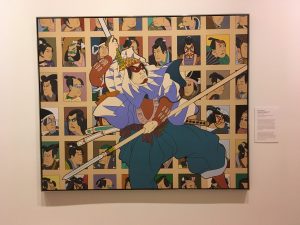paper bullets
Friday, December 1st, 2017Since seminar this morning, I’ve been thinking a lot about the title of Paper Bullets, and all the things it could possibly mean within the context of the novel. I think it mostly just refers to all of the different dualities relating to Kip. One idea I had was that it refers to the balance between Kip’s sensitivity (paper, soft) and his masculinity (bullets, hard). In the novel, Kip conditions himself to keep his emotions locked up from other people based on his experiences with abusive relationships as well as indulging in his own masculinity. One one hand, he’s really insecure and sensitive, and has a ‘people pleasing’ complex (which his therapist tells him is a common Asian trait). On the other, he wants to assert his own strength through his relationships, using sex as a tool for that.
The masculine side of him always seemed like more of a projection, or a defense mechanism to me. Maybe an idea of someone he ideally wanted to be, or thought he should be. It could have also been his own insecurity about his identity in regards to Asian stereotypes, particularly ones associated with passiveness. But, this side of him had this certain abrasive quality to it, and it was reflected in his writing when describing his moments of masculinity. I think that mostly has to do with his frank and detailed descriptions of sex, and by extension his feeling towards the woman he was with at the time.
With his sensitive side, I noticed how eager Kip was to have that be brought out, despite his efforts to keep it concealed. With Katherine, she says something about him being a “sweet lover” and he immediately is more taken to her than he was before. He wants to settle down with her and have children, or at least he thinks he does, despite her being a despicable human being (which he acknowledges). It could have to do with his own need of approval, which was probably rooted in his relationship with his father, but I don’t want to psychoanalyze that too much.
I just thought it could be another duality of many that make up his character. It also makes me wonder how many more dualities I missed in this book while reading it.
